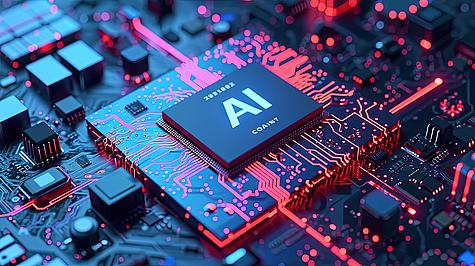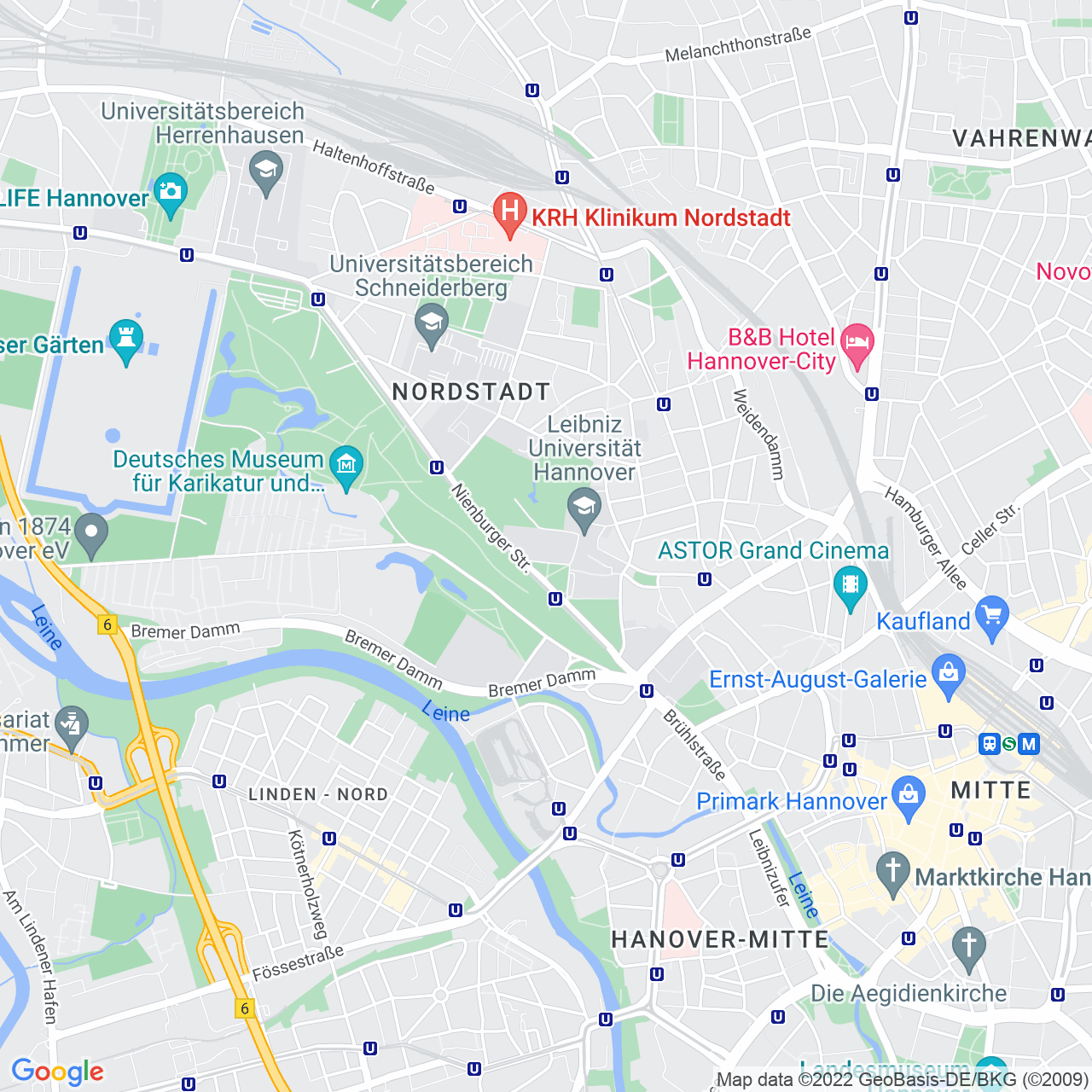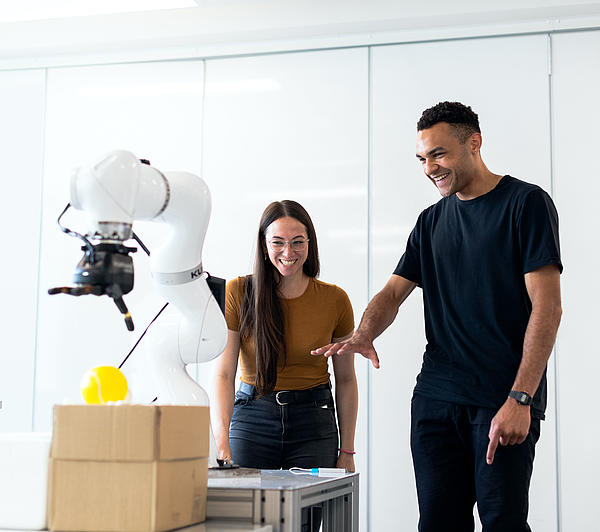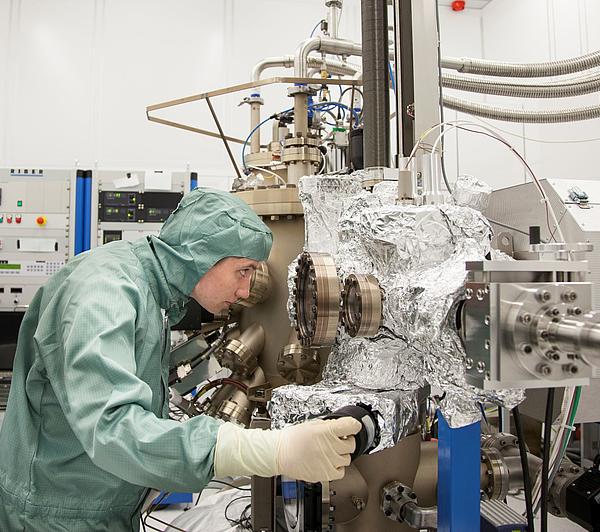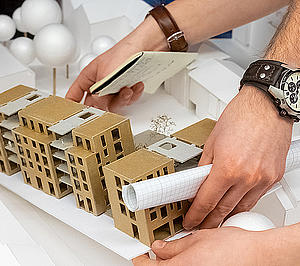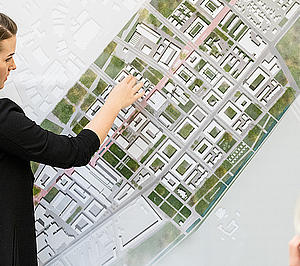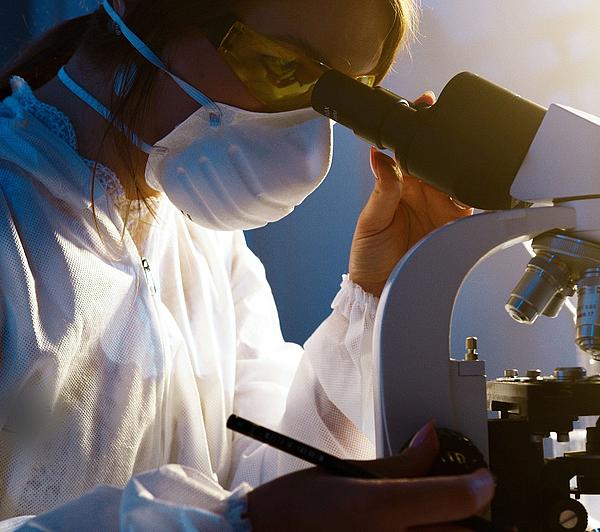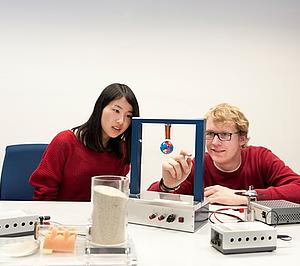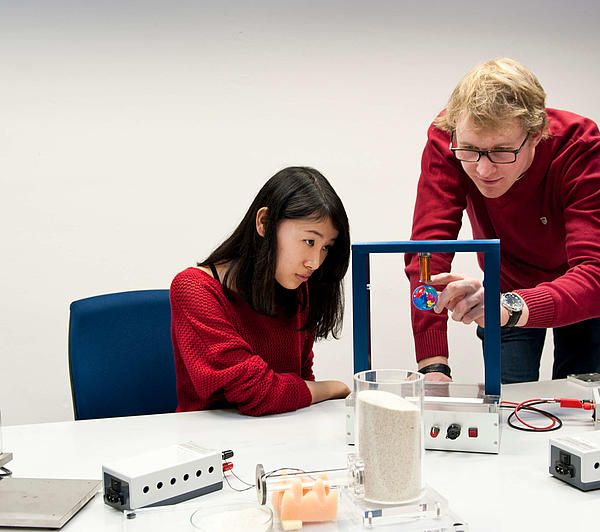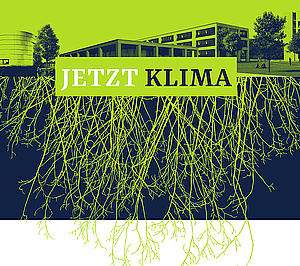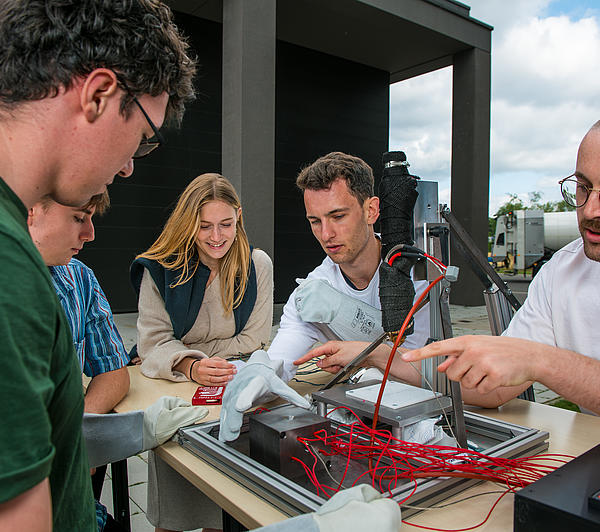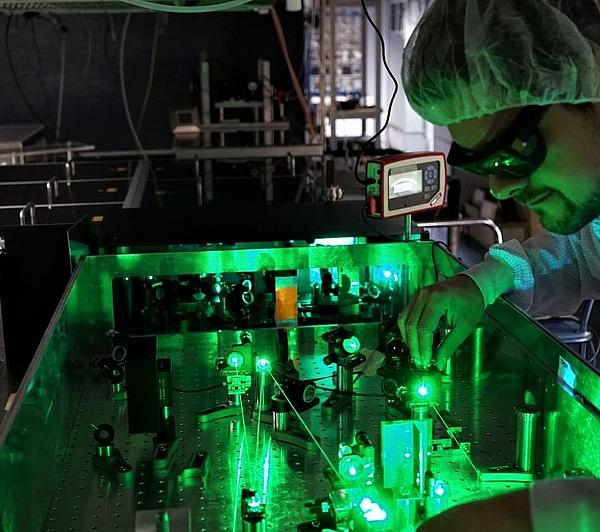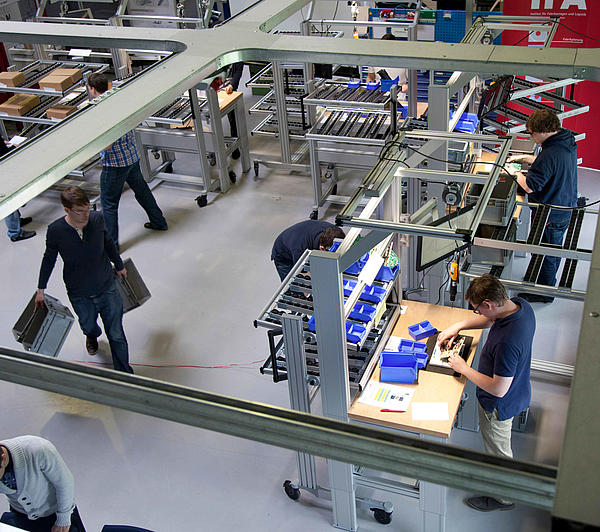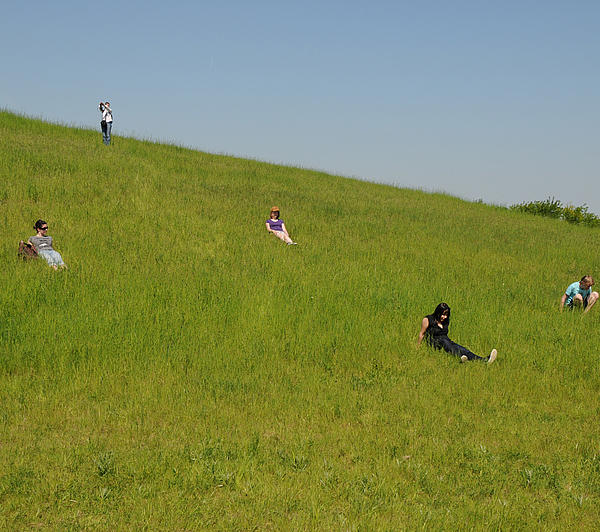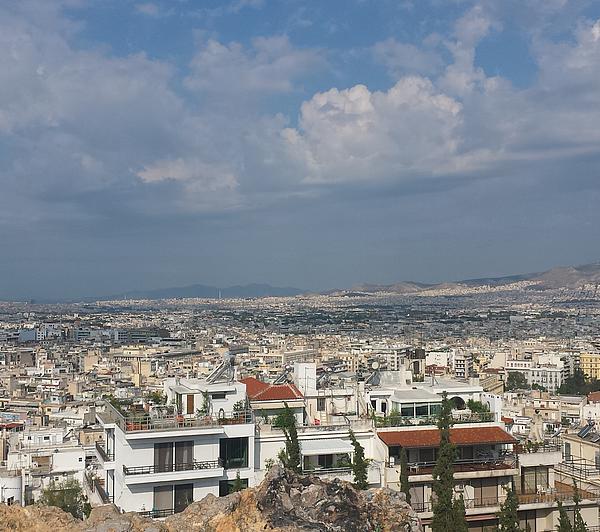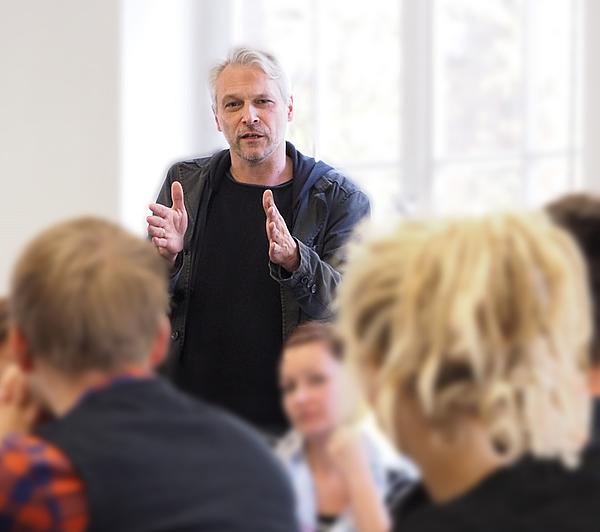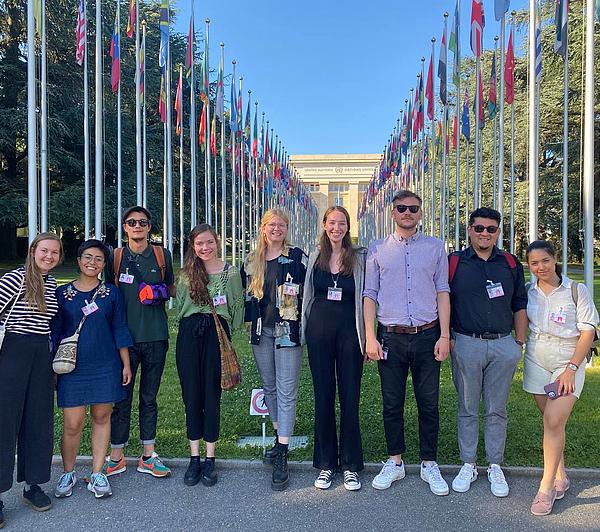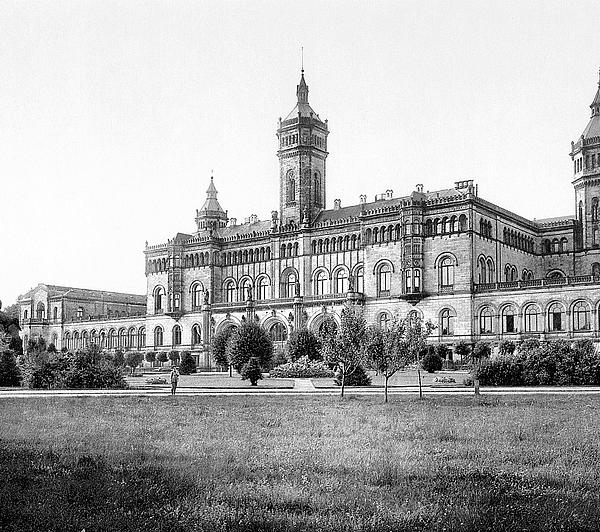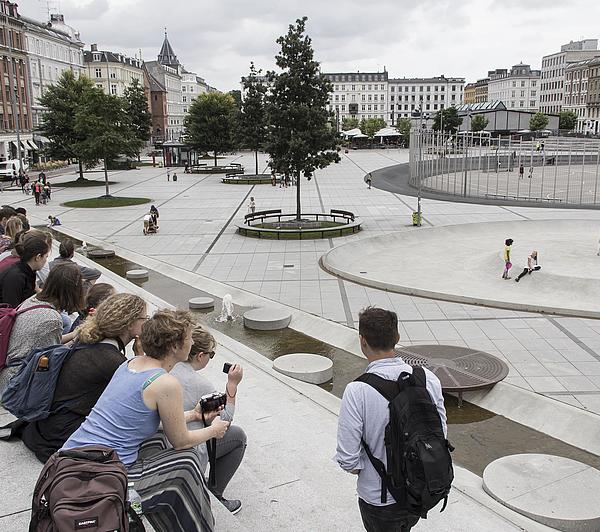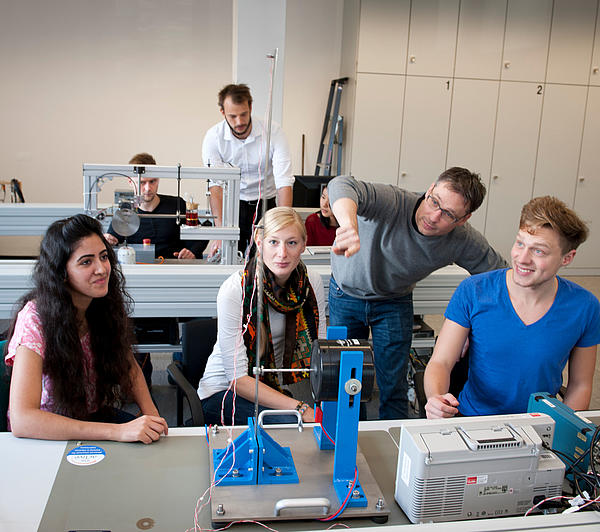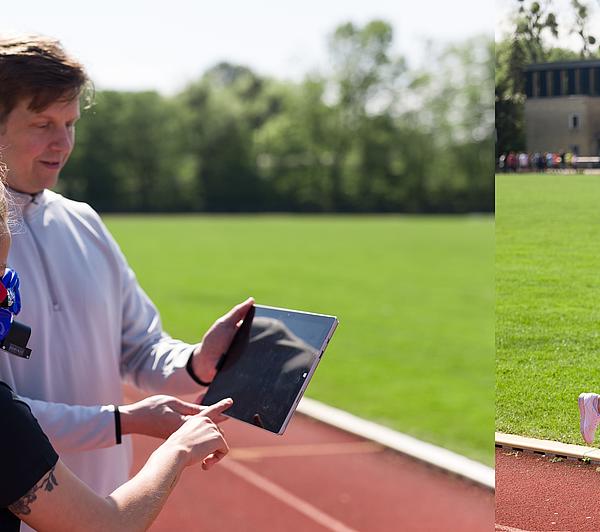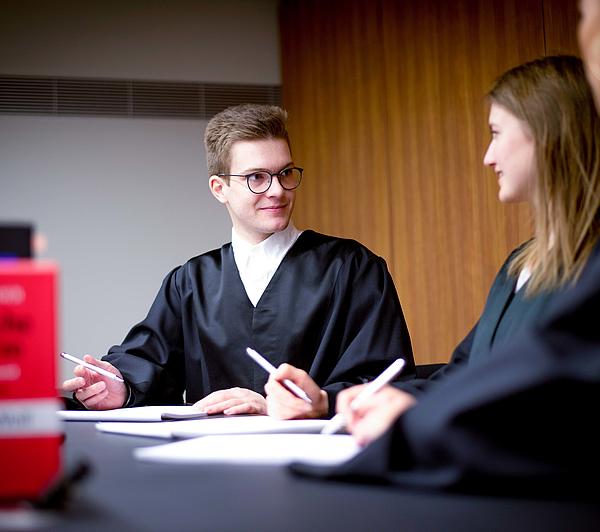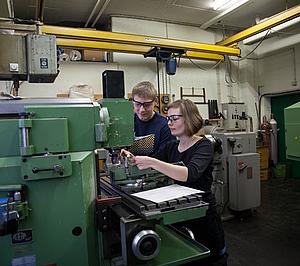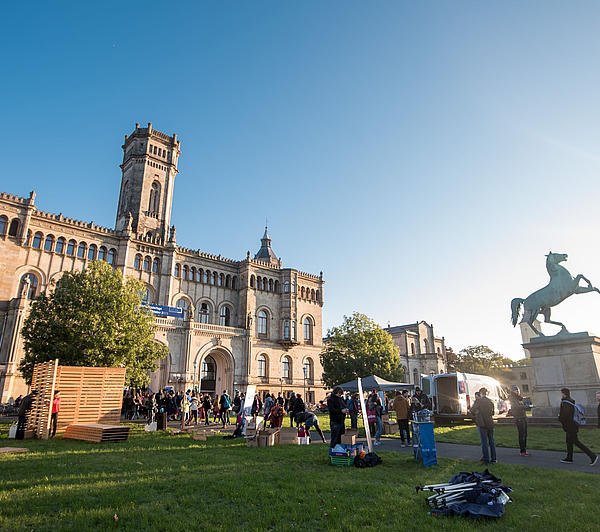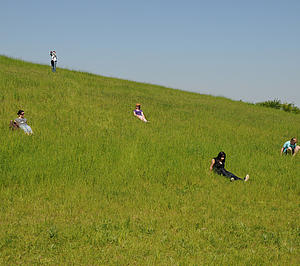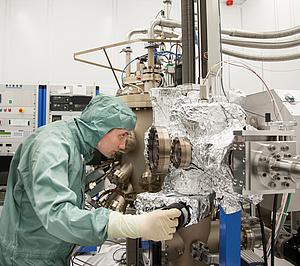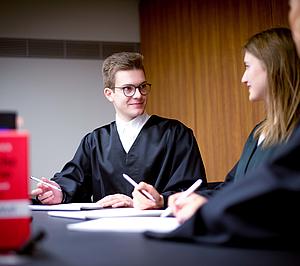Mastering the Synergy of Mechanics, Electronics & AI for Advanced Systems
The ‘AI-driven Mechatronics and Robotics’ Master's degree programme prepares you optimally for a future-proof career in the fields of artificial intelligence and machine learning. The interdisciplinary programme is offered by the Faculty of Mechanical Engineering in cooperation with the Faculty of Electrical Engineering and Computer Science and the Faculty of Civil Engineering and Geodetic Science.
The programme focuses on the interaction of mechanics, electronics and computer science for the purpose of developing technical systems in which sensory, information-processing, actuator and mechanical functions are integrated. In addition to the increased internationalisation of the courses on offer, the promotion of global talent and future specialists is being pursued.
Overview
Type of degree programme: Consecutive Master's degree programme | 120 ECTS
Standard period of study: 4 semesters
Start: Winter semester
Language requirements: English C1
Intership: 12-week industrial or specialised internship
Admission: Admission-free, subject-related Bachelor's degree is required
Degree: Master of Science
Costs: Low semester fee with public transport ticket, no tuition fees
Programme content
The Master's degree programme in AI-driven Mechatronics and Robotics is divided into three compulsory modules, which are supplemented by compulsory elective and elective modules as well as the ‘Studium Generale’ section. A further component of your degree programme is an industrial or specialist internship. The programme concludes with the preparation and presentation of your Master's thesis.
Three mandatory modules
The three compulsory modules provide you with all the relevant basics of the degree programme. The compulsory module ‘Data- and AI-driven Methods in Engineering’ is offered by the Faculty of Mechanical Engineering, ‘Data- and Learning Based Control’ by the Faculty of Electrical Engineering and Computer Science, and ‘Robotics I’ is taught in a collaboration between the two faculties.
Another compulsory module is a German language course at the Leibniz Language Centre. This gives international students their first basic knowledge of German, which makes it easier for them to find their way around everyday (university) life and can also be helpful when looking for an internship. A more advanced German language course can also be taken on a voluntary basis as part of the ‘Studium Generale’ module.
Compulsory and elective modules
In addition to the three compulsory modules mentioned above, you have the opportunity to gain further qualifications and specialise by taking further compulsory and elective modules. You can select these modules from an extensive range according to your personal interests. The compulsory elective modules include, for example, ‘Robotics II’, ‘Artificial Intelligence I’, ‘Electrical Machines and Drives’ and ‘Sustainability Assessment I’. The elective modules include ‘Artificial Intelligence II’, ‘MOOC Aircraft Engines’, ‘Biomedical Engineering for Engineers II’ or ‘Sustainable Combustion’, among many others.
Study and master's thesis
During your degree programme, you will have to complete a student research project and a Master's thesis. The student research project allows you to explore an engineering issue in depth and is supervised at one of the institutes of the Faculty of Mechanical Engineering or the Faculties of Electrical Engineering and Computer Science and Civil Engineering and Geodesy involved in the degree programme. Your degree programme concludes with a Master's thesis, which you present and defend. Depending on the subject area, this will be written at one of the faculties involved in the programme.
Essential qualification goals
- In-depth understanding of complex mechatronic systems and their functions at the interface of mechanics, electrical engineering and computer science
- Ability to scientifically analyse and describe the interaction of mechanical, electrical and information technology components in mechatronic systems
- Competence in the design, modelling, construction, implementation and testing of mechatronic systems
- Ability to develop innovative mechatronic systems by optimising the combination of disciplinary resources for a wide range of applications
- Ability to work independently and scientifically, including planning and conducting research and critically analysing results
- Ability to integrate methods from mechanical engineering, electrical engineering and computer science to solve technical problems
Graduates are able to
- Develop and optimise mechatronic systems on a research basis
- Test and implement complex mechatronic systems according to scientific standards and under consideration of given conditions
- Analyse fields of application to develop suitable solutions
- Systematically work on complex problems with creative and networked thinking
- Effectively moderate interdisciplinary teams and manage specialised projects as well as clearly communicate technical issues and work results
When is the official application period for each semester?
Germany and EU countries
Applications for the Master's programme for the winter semester must be submitted by 15 July and for the summer semester by 15 January. The application is made online.
Non-EU countries
An application for the Master's programme for the winter semester must be submitted via uni assist by 31 May and for the summer semester by 30 November.
What are the requirements for a successful application?
Step 1:
You need a valid language certificate in German or English of minimum level C1. More information on the accepted certificates can be found here.
Step 2:
Bachelor's degree (at least 6 semester / 180 ECTS points) in Engineering or a similar previous degree programme with at least:
- 15 ECTS points in Mathematics
- 15 ECTS points in Technical Mechanics
- 20 ECTS points in Electrical Engineering/drive Technology
- 10 ECTS points in Measurement/Control Technology
I have applied for AI-driven Mechatronics and Robotics in the official application period. When will I receive a letter of application or rejection?
After the official application period, each application will be carefully processed. This takes some time. The official letters of admission and rejection are usually sent out via e-mail by the Admissions Office by the end of Juni for winter semester and by the end of January for summer semester. Please be patient during this time. Requests for interim status update will not be fulfille.


